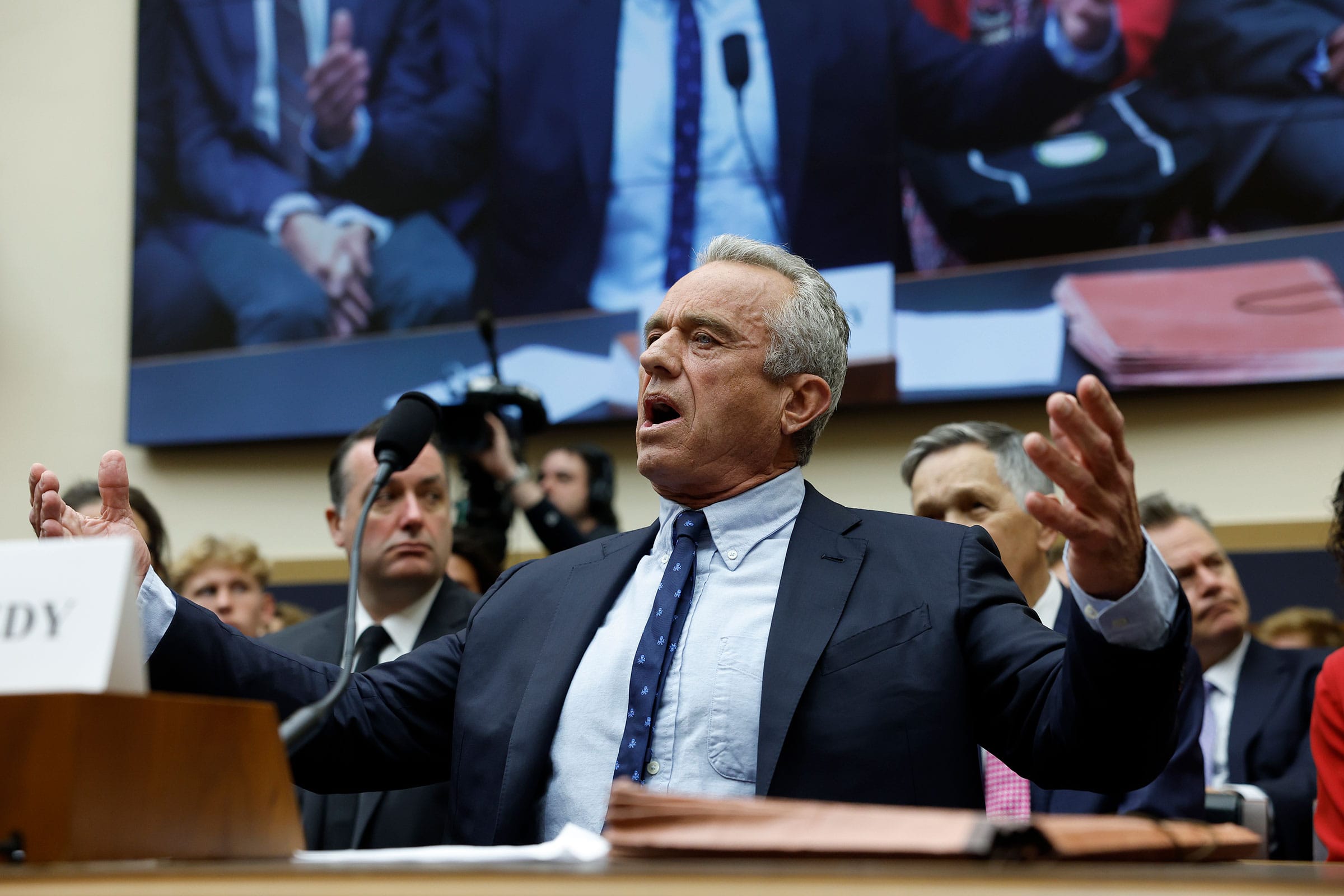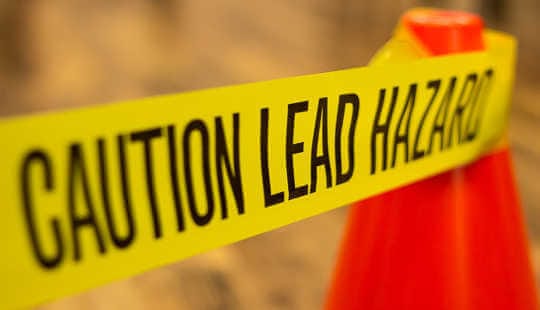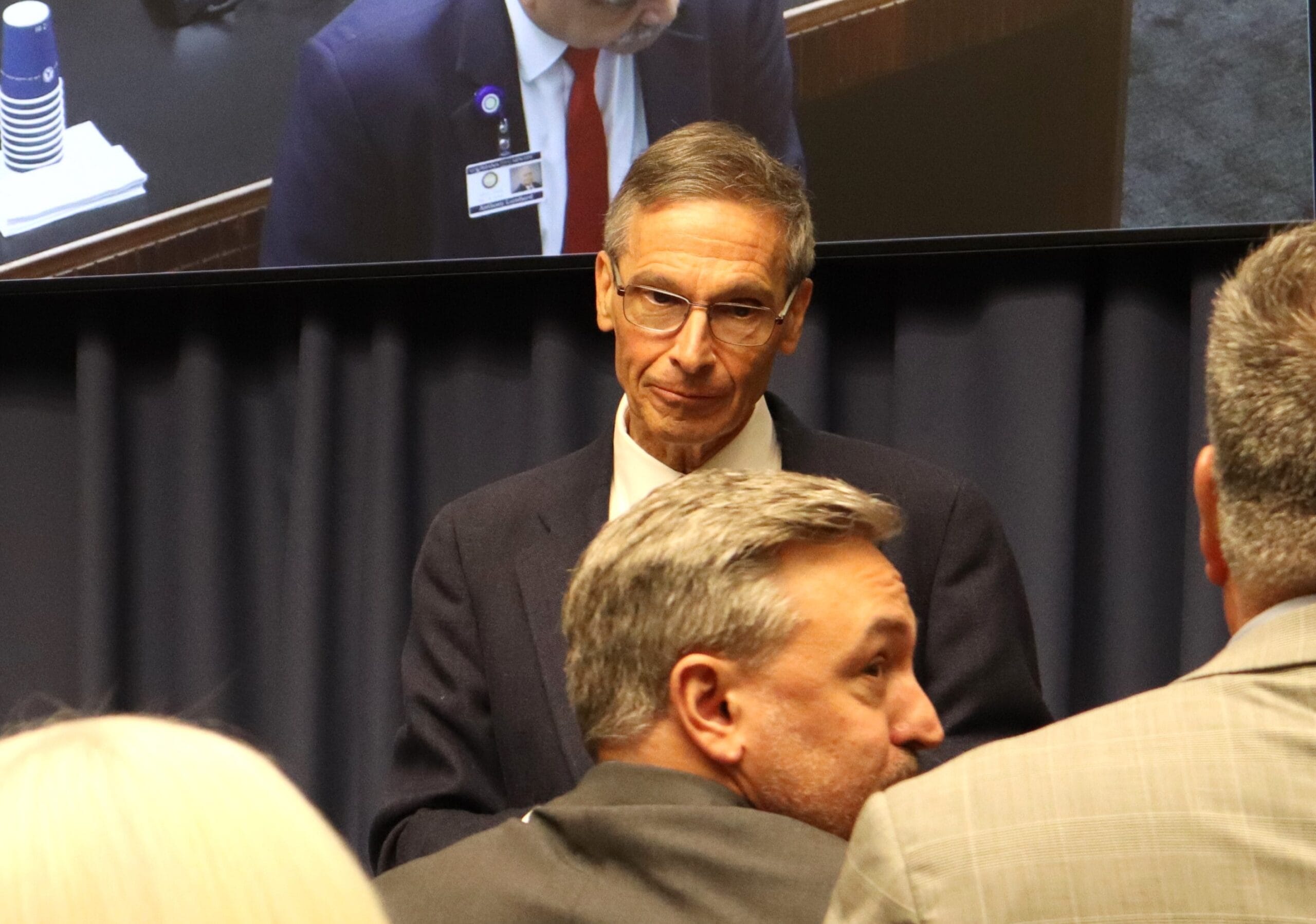Robert F. Kennedy Jr.’s confirmation hearing for the position of U.S. Secretary of Health and Human Services was a high-profile event, drawing significant media attention and sparking debate across the political spectrum. Kennedy, the son of Robert F. Kennedy and nephew of President John F. Kennedy, was nominated by President Donald Trump to lead the department responsible for America’s public health. The hearing, held before the Senate Health, Education, Labor, and Pensions Committee, lasted for several hours and featured sharp questioning from senators on both sides of the aisle.
Senator after senator raised concerns about Kennedy’s past statements and writings on vaccines, a topic that has become increasingly politicized in recent years. Kennedy, a vocal critic of mandatory vaccination policies, has promoted conspiracy theories about the safety of vaccines, a stance that has drawn widespread condemnation from public health experts and medical professionals. His nomination prompted alarm among many who fear that his appointment could undermine public trust in vaccines and potentially lead to a resurgence of vaccine-preventable diseases.
During the hearing, Kennedy defended his views, arguing that he was simply advocating for informed consent and parental choice. He maintained that he believed in the safety and efficacy of vaccines but expressed concerns about the potential for adverse effects, particularly in certain individuals. He emphasized his commitment to evidence-based medicine and stressed that he would base his decisions on the best available scientific data.
However, his explanations did little to quell the concerns of many senators. They pointed to his past statements and writings, which they argued contained misinformation and lacked scientific rigor. They pressed him on his views on autism and other health conditions, questioning whether he believed that vaccines could cause these conditions. Kennedy denied these claims, reiterating his belief in the safety of vaccines while continuing to express his concerns about certain aspects of vaccine policy.
The hearing also shed light on Kennedy’s broader views on public health, including his stance on environmental health issues and his skepticism towards certain government regulations. Senators questioned his approach to healthcare access and affordability, his views on the role of the federal government in public health, and his plans for addressing the opioid epidemic. Kennedy’s responses were often met with skepticism and further questioning, highlighting the deep divisions that exist on these complex issues.
As the hearing concluded, it remained unclear whether Kennedy would be confirmed by the Senate. His nomination had sparked intense opposition from public health advocates and medical professionals who viewed his views as dangerous and potentially harmful. However, he also had the support of some Republican senators who admired his outspokenness and his willingness to challenge conventional wisdom. The outcome of his confirmation hearing was likely to have a significant impact on the future of public health policy in the United States.



